One-on-one counselling sessions for those ages 16+ with Registered Social Worker & Psychotherapist, Kelly Scott.
I aim to provide flexible session appointments virtually, on weekdays, evenings, and weekends, and I offer in-person options if needed in Peterborough, ON.
With more than 15 years of experience leading group counselling, I have seen firsthand the meaningful impact groups can have on individuals’ growth and healing. Group counselling offers a powerful space for connection and change. Reach out to learn whether group counselling is a good fit for you and to explore upcoming group options.

Looking for meaningful work can feel overwhelming, but you’re not alone. As a Registered Social Worker and Certified Career Development Practitioner, I’m here to offer caring support and practical tools to help you take positive steps in your career journey.
I provide a safe, supportive, and goal-focused space to explore your challenges and build a path that works for you. Whether you’re entering the workforce, changing careers, or facing barriers to employment, I tailor my approach to your unique needs.
What is a Certified Career Development Practitioner?
A Certified Career Development Practitioner (CCDP) is a nationally recognized professional who helps people through all kinds of career and life transitions. This certification means I’ve met high standards for education, experience, and ethical practice—so you can feel confident you’re getting caring and knowledgeable support.
As a CCDP, I support clients in:
Career Exploration & Planning
Helping you identify your skills, interests, and values so you can make
informed decisions about your education, training, and career path
Job Search & Employment Readiness
Offering practical tools such as résumé and cover letter development, interview preparation, networking strategies, and job search techniques.
Career Transitions
Supporting you through changes such as entering the workforce, returning after a break, transitioning to a new industry, or advancing in your current career.
Workplace Success
Assisting with goal setting, skill development, and strategies to manage challenges or barriers in the workplace.
Specialized Support
Providing inclusive, tailored services for diverse individuals, including Youth, Newcomers, Indigenous clients, and people with disabilities.
Fees are $140 per 50 minute session.
Client is responsible for session fees and insurance submission. Please check with your insurance provider to determine coverage eligible for reimbursement.
I accept E-Transfer or Credit Card as forms of payment.
Sliding scale payments are available where lower annual incomes can potentially result in lower fees.
I am a registered provider with Non-Insured Health Benefits (NIHB), Métis Nation of Ontario (MNO), and Victim Services. This means that if you are eligible for coverage through any of these programs, I can bill them directly for your sessions.
The appointment time you have booked is reserved exclusively for you. If you are unable to attend an appointment, please advise me as soon as possible. Cancellation or rescheduling of an appointment requires 24 hours’ advance notification.
If you do not give 24 hours’ advance notice, there will be a fee charged equal to 50% of the session fee. If you do not attend the session and do not contact me before your session time, there will be a fee charged equal to 75% of the session fee. This fee will be required to be paid before booking the next session. You may be required to have a credit card on file that will be automatically charged for these fees.
Late Appointments: If you arrive late, your session cannot be extended into the next client’s time. This policy is designed to respect the time management and scheduling for all other clients.

-
Individual therapy, also known as counselling or psychotherapy, is a one-on-one process where a person works with a trained therapist in a safe, confidential setting to explore and address personal challenges, emotions, and behaviors. The focus is on helping the individual improve their mental health, gain deeper self-understanding, and develop skills to cope with life’s challenges.
-
Group counselling is a therapeutic intervention in which a small group of individuals meet regularly with a trained mental health professional to address shared concerns. Sessions are structured and guided, allowing participants to develop insight, learn coping strategies, and benefit from interpersonal feedback and support. Group counselling may focus on a specific issue or follow a particular therapeutic approach and is an evidence-based method used in mental health and social work practice.
-
Depending on the therapist’s approach and the client’s needs, various techniques may be used, such as:
Cognitive Behavioral Therapy (CBT): Identifying and changing unhelpful thoughts and behaviors.
Mindfulness Practices: Learning to stay present and manage stress.
Dialectical Behaviour Therapy (DBT): Builds skills in mindfulness, emotional regulation, and coping.
Acceptance and Commitment Therapy (ACT): Encourages acceptance of difficult emotions while supporting action based on values.
Solution-Focused Brief Therapy (SFBT): Emphasizes strengths and resources to move toward goals.
Motivational Interviewing (MI): Supports motivation and readiness for positive change.
Psychodynamic Therapy: Explores patterns, past experiences, and relationships for deeper understanding.
Somatic Therapy: Uses body awareness to release stress and trauma stored in the body.
Talk Therapy: Processing emotions and gaining clarity.
Skill-Building: Clients learn practical skills, such as coping mechanisms, communication strategies, and emotional regulation, to manage their challenges in daily life.
Monitoring Progress: Regularly reviewing progress ensures therapy stays aligned with the client’s goals and that the approach is adjusted as needed.
-
Individual therapy can benefit anyone dealing with issues such as anxiety, depression, trauma, stress, self-esteem concerns, relationship difficulties, or major life changes. It’s also helpful for personal growth and self-exploration.
This collaborative process empowers individuals to make meaningful changes, build resilience, and achieve a greater sense of well-being.
Specific benefits include:
Increased Self-Awareness: Understanding oneself better.
Improved Coping Skills: Handling stress, anxiety, or other challenges effectively.
Better Relationships: Enhancing communication and interactions with others.
Emotional Support: Having a dedicated space to process emotions.
-
Virtual therapy still provides the same level of support, confidentiality, and professional care, while offering added convenience, flexibility, and access to therapists you may not otherwise be able to see. For some, being in a familiar environment makes it even easier to open up and feel comfortable during sessions.
-
Frameworks That Guide My Work:
Strengths-Based: Builds on resilience, skills, and resources you already have.
Eclectic/Integrative: Draws from multiple approaches to fit your unique needs.
Feminist: Recognizes the impact of gender, power, and systems while fostering empowerment.
Trauma-Informed: Prioritizes safety, trust, choice, and empowerment in every session.
Holistic: Considers mind, body, spirit, and environment in healing.
Person-Centered /Humanistic: Offers empathy, authenticity, and non-judgment to support growth.
Culturally Informed: Respects and incorporates cultural identity and traditions.
Anti-Oppressive & Intersectional: Recognizes and addresses systemic barriers and overlapping identities.
Systems/Family Systems: Understands how relationships, families, and communities influence well-being.
Together, these approaches create a supportive space where therapy is tailored to you honouring your story, your strengths, and your goals.
-
You Feel Overwhelmed by Emotions
You often feel sad, anxious, angry, or stressed and find it hard to manage these emotions on your own.
Your Relationships Are Strained
You’re experiencing conflict, miscommunication, or disconnection in personal, family, or professional relationships.
You’re Facing a Major Life Changes
Transitions such as a new job, moving, becoming a parent, divorce, or loss of a loved one feel difficult to handle.
You Feel Stuck
You’re unsure how to move forward in life, make decisions, or feel satisfied with where you are.
You’re Experiencing Symptoms of Mental Health Concerns
Persistent issues like anxiety, depression, low self-esteem, or trauma are affecting your daily life, relationships, or ability to function.
Coping Mechanisms Aren’t Working
Strategies you’ve relied on in the past, like talking to friends, staying busy, or distracting yourself, no longer seem effective.
Physical Symptoms of Stress
You experience headaches, fatigue, difficulty sleeping, or other physical symptoms tied to emotional distress.
-
Therapy may end when the client feels they’ve achieved their goals or can effectively manage challenges on their own. Clients may also return for additional support if needed in the future.












